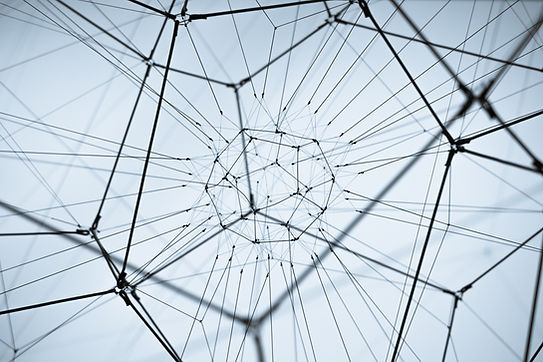

"OctoAI"
Current IoT depends almost entirely on cloud infrastructure and cloud-based services. However, Cloud Computing has serious drawbacks in the area of energy services for smart buildings in terms of reliability, trustworthiness, data protection, etc.
In the OctoAI, we are developing the next generation of high-performance edge-AI for smart buildings. Therefore we combine the concept of Edge AI with user-centric energy services.
About the project
Currently, the building stock in the EU remains energy-intensive and predominantly inefficient, accounting for 40% of final energy consumption and 36% of CO2 emissions. Current IoT depends almost entirely on cloud infrastructure and cloud-based services. However, Cloud Computing has serious drawbacks in the area of energy services for smart buildings in terms of reliability, trustworthiness, data protection, etc. Edge Computing can in principle overcome these issues. To exploit the full potential, this requires bringing „AI to the Edge“ of networks.
In the OctoAI, we are developing the next generation of high-performance edge-AI for smart buildings. Therefore we combine the concept of Edge AI with user-centric energy services.
The overarching goal is to become the technology leader in the field of edge AI for smart buildings in Austria and Europe in the medium term (3-5 years).
-
Objective #1: Definition of meaningful use cases, requirements, and fundamental constraints of edge AI for energy efficient smart buildings.
-
Objective #2: From cloud to edge-enabled AI in smart buildings. Together with the scientific advisory board, state-of-the-art AI models will be discussed that can be implemented on edge devices under certain conditions and adaptations. The goal is AI models with low computational effort.
-
Objective #3: Roadmap: Improve adaptability and interoperability of edge-ready AI models and edge-devices. The roadmap will be available by the end of the project.
-
Objective #4: Open Science and Open Data: The goal of OctoAI is active and transparent research data management. All developments are published open source: https://github.com/tug-cps

Key Facts:
Program: FFG - ENERGIE DER ZUKUNFT, SdZ, SdZ 9. Ausschreibung 2021
Duration: 01.10.2022-30.09.2024
Consortium: Graz University of Technology (Insitute of Software Technology) - coordination, Graz University of Technology (Institute of Building Physics, Services, and Construction), DiLT Analytics, Innovation Lab Digital findet Stadt
Updates and news: follow us on LinkedIn!